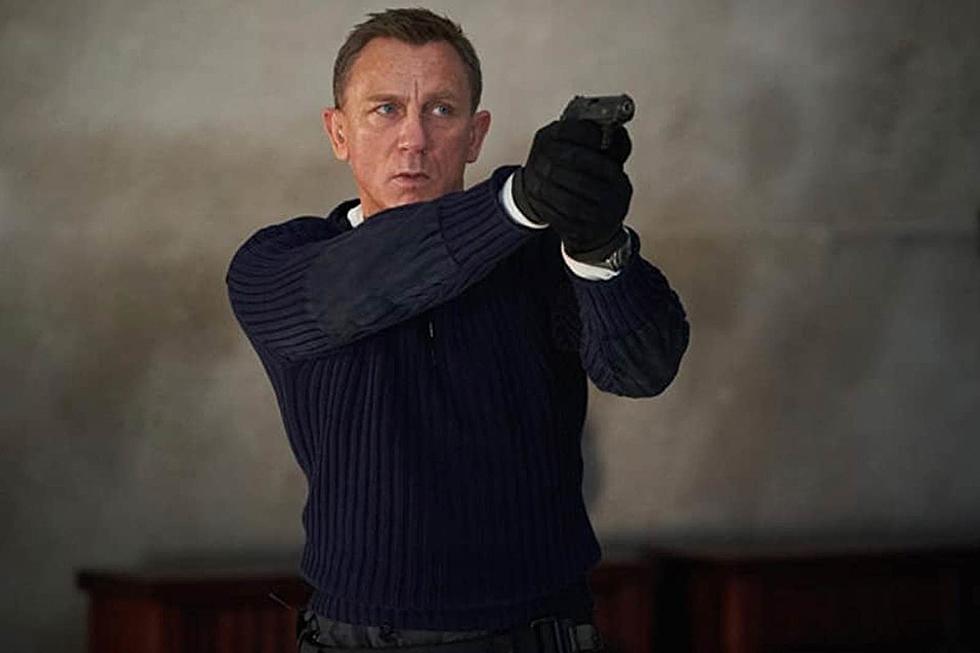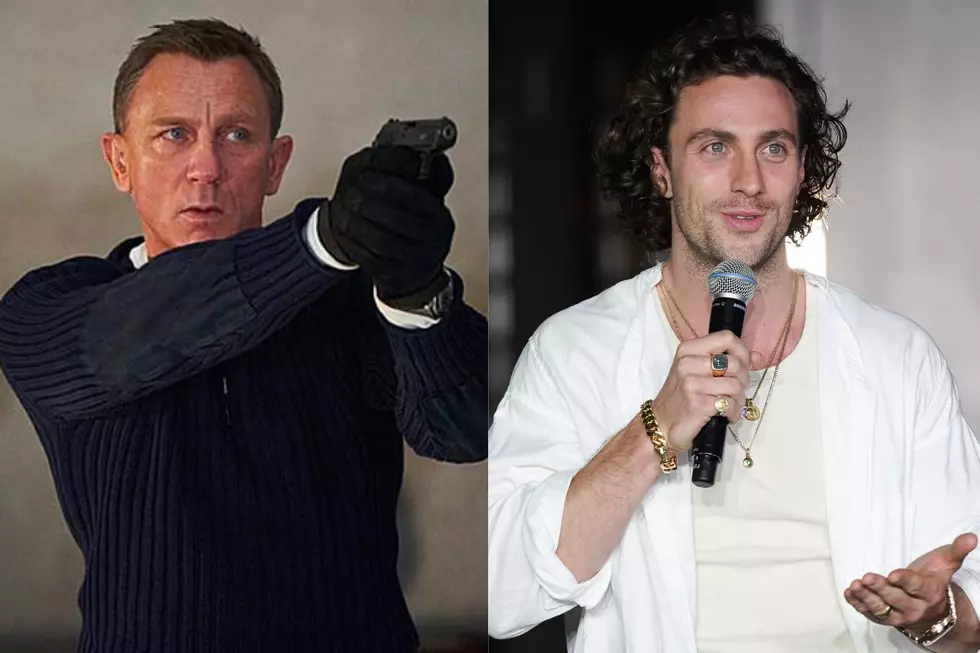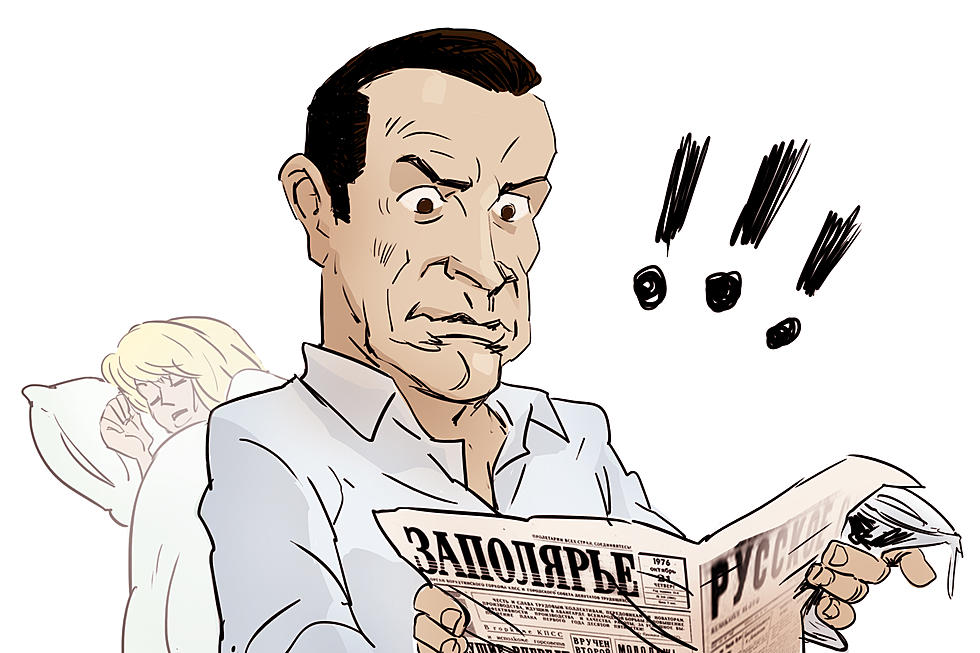
‘No Time to Die': Movie Review
At the end of 2015's Spectre, it was revealed that the movie's main villain, Franz Oberhauser, is actually Ernst Stavro Blofeld, the big bad guy at the center of many of the James Bond films since they started in the '60s.
The revelation pretty much tied together every aspect of the series since Daniel Craig took over the 007 role in 2006's excellent Casino Royale. Every high-speed chase, every explosion, every super-octane fight scene – they all led to this moment.
In effect, James Bond had become a one-man version of the Marvel Cinematic Universe.
No Time to Die, the 25th outing in the official series, has a lot to live up to then. It's basically Bond's Avengers: Endgame, the final face-off for the hero, one last chance to pull all those past references and plotlines to their inevitable conclusion.
That sense of finality is real: Craig has said this will be his last turn as the super-spy. And just to drive home the comparisons: No Time to Die clocks in about 20 minutes shy of Endgame's three-hour running time, the longest Bond movie ever. And its poignant ending pulls from a similar place.
Directed by Cary Joji Fukunaga, known for the 2015 indie hit Beasts of No Nation and the great first season of True Detective, No Time to Die picks up five years after the imprisonment of Blofeld (Christoph Waltz). Bond has left M16, the British intelligence agency that's employed him throughout his career, and is in retirement when old CIA friend Felix Leiter (Jeffrey Wright) comes calling with a favor: A Russian scientist is missing, and he needs Bond to help locate him. It doesn't take long before something more sinister and dangerous reveals itself.
Like the previous four Bond films under Craig's tenure – Casino Royale, 2008's Quantum of Solace, 2012's Skyfall and the most recent Spectre – No Time to Die wastes little time piling on the action. And like those franchise-reviving movies, this one pulses with revitalized energy and smarts. In a crowded market where the Jason Bourne and Mission: Impossible films injected new life and excitement into action pics, the Bond series needed to step up for the next generation. And for the most part it has. While No Time to Die is a bit heavy on exposition and explanation (that 163-minute running time doesn't do it any favors), it's a fitting end for one of cinema's greatest comeback stories of the new century.
The movie also introduces a more sensitive Bond. His first words here – "Are you okay?" – come with no irony, no violence and no sideways smirk. Fukunaga slowly builds into scenes, setting up for that moment when everything will uncork. A lengthy prologue with girlfriend Madeleine Swann (Lea Seydoux, returning from Spectre but this time with a secret) shows a more caring and less ruthless 007, but he lets his guard down and pays the price.
This more vulnerable Bond – he's still mourning Vesper Lynd's death in Casino Royale – becomes a more complacent Bond after he turns in his license to kill. As Nomi (Lashana Lynch), an agent who's taken over the 007 designation, notes, "the world has moved on" since his retirement. But it really hasn't. M (Ralph Fiennes) is still here. So are Q (Ben Whishaw) and Moneypenny (Naomie Harris). And so are Blofeld and Spectre. It's not long before Bond is pulled back into their orbit and No Time to Die hits all the usual Bondisms.
If the story isn't particularly ambitious, the execution occasionally is. It's more gunfights and soaring missiles than hand-to-hand combat this time, and there are many nods to Bond's filmic past (witty quips, hi-tech gadgets, even a callback to 1969's On Her Majesty's Secret Service theme song). In bringing an era to a close, No Time to Die pays tribute to more than a half-century of James Bond movies.
But more than that, the movie is a befitting conclusion to Craig's run over the past 15 years. He's smarter, tougher and more resilient in the role than any of his predecessors (sorry, Sean Connery), and his presence in the franchise, when it moves on, will be missed. No Time to Die isn't his best performance as 007, but it is his most heartfelt and he has more fun than he has in his previous outings.
It takes a while to get to this point, though. And it takes a while to get to the movie's main villain, Lyutsifer Safin (Rami Malek), another in a long line of emotionless Europeans with grudges against the world and, specifically, James Bond. The problem though is this villain (and the actor who plays him) isn't very engaging, and his convoluted plan is as tedious as the movie's running time. But this is all about tying loose ends and moving forward. No Time to Die won't be remembered as Craig's greatest Bond movie; it's far from his worst, though. But it is an ending he has earned and rightly deserves.
James Bond Movies Ranked
More From Ultimate Classic Rock









